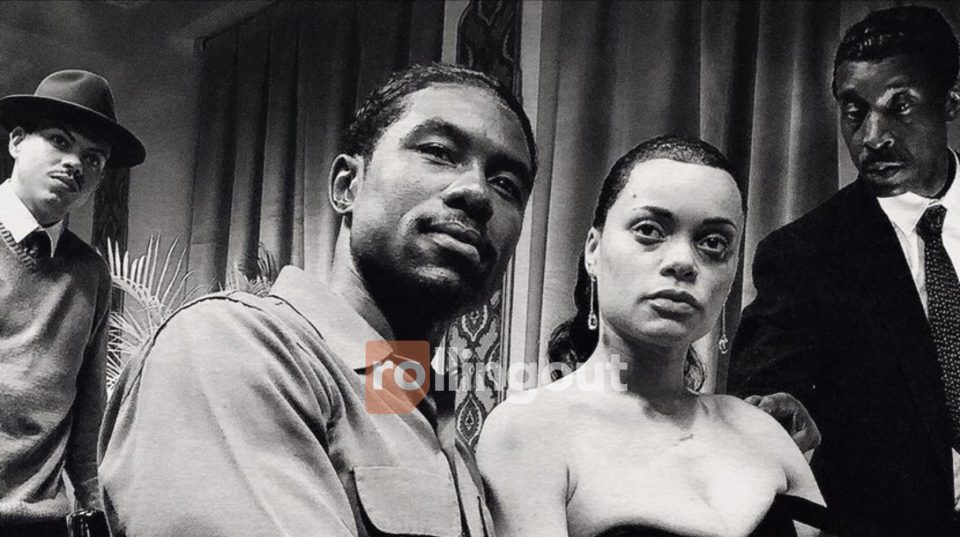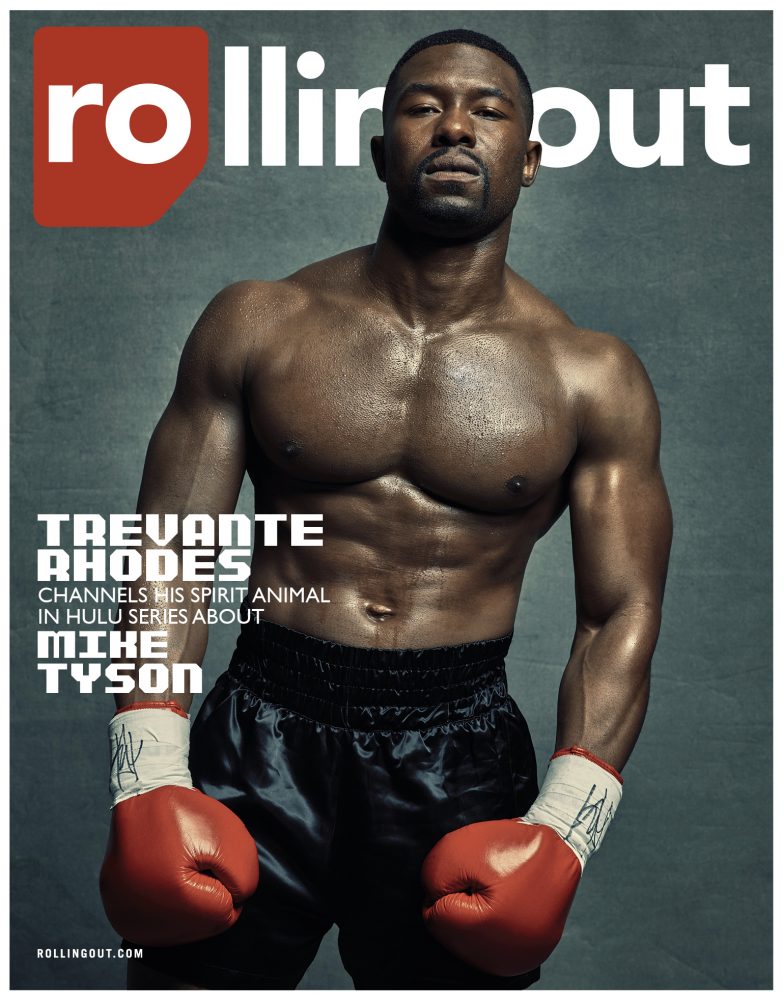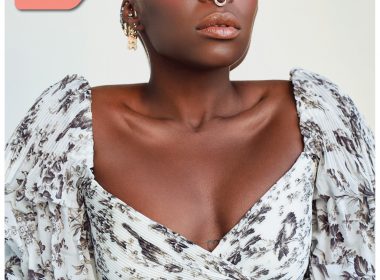
The trauma she suffered was heartbreaking. How much of it did you know about beforehand?
She was shouldering a lot on her own to bring awareness to the lynching of Black people. She was singing “Strange Fruit” and bringing awareness to the death of Emmett Till to reinvigorate the movement. The addiction, men beating on her, people shooting into her car when she would leave the club, the NAACP writing violation cards about her, she shouldered it all on her own, but that’s the power of Black women.
Did you find that you could work on your personal music when you had downtime during filming?
I was working on the album while preparing for the role, so her DNA definitely made it onto my new album. “Tigress and Tweed” is a song that I wrote for the film, but it’s also the first single off of my record. Once we got closer to filming, I had to close everything and be completely lost in Billie’s world. The song came to [me] the same way “Rise Up” did — after prayer. Raphael Saadiq sent me the track a month and a half before, and I was stressed and struggled to write the entire time. Then one day after one prayer, something shifted.
I got the idea to flip “Strange Fruit” after thinking, how would she have wanted to see it evolve? How would she want us mobilizing? I thought victory would smell like our ancestors. Later in life, Billie’s two favorite scents to wear were “Tigress” and “Tweed.” That’s why I named it that.
Ultimately, does Billie Holiday help you step beyond the halo effect of “Rise Up”?
I think so. That’s specifically why I wanted to flow when I was on the song. I’m an artist, and sometimes I can’t express myself fully just [by] singing. The main times I want to speak some stuff, or I want to rap or just do spoken word or just sounds. I’d like people to know I’m multifaceted as an artist and a person.
Story by Jeandra LeBeauf
Photography by Myriam Santos













